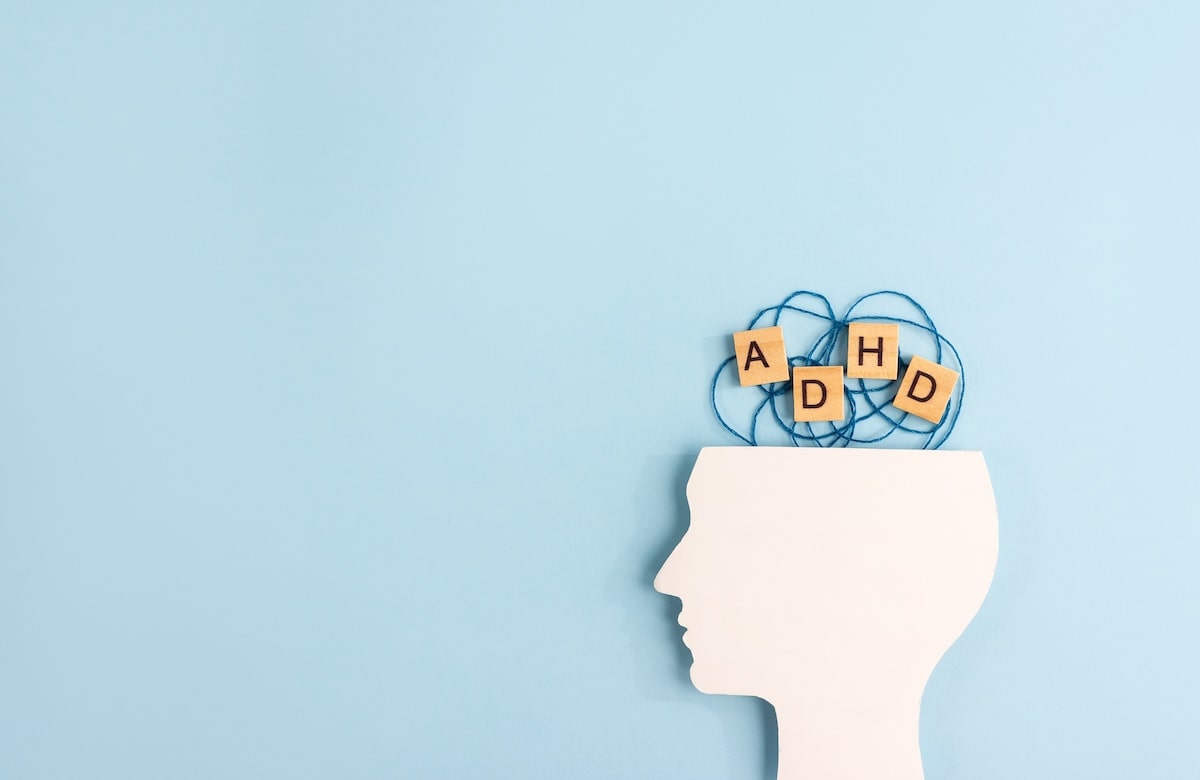How to Spot and Help a Cocaine Addict
Knowing that someone has an issue with it means that person can get help with cocaine addiction.

Cocaine addiction is a serious and potentially life-threatening condition that affects millions of people worldwide. Often seen as a party drug, cocaine’s powerful stimulant effects make it highly addictive.
For those close to someone struggling with cocaine addiction, it can be challenging to know how to identify the signs and offer help. In this article, we will explore how to spot a cocaine addict and provide effective ways to support them in their journey toward getting free.
How to Spot a Cocaine Addict
How long does it take to get addicted to cocaine? It all begins with the first shot of the drug – after that – addiction becomes inevitable. Knowing that you’re living with a cocaine addict or that a friend or member of your family is an addict means you can try to help them. Being addicted can be a very lonely experience.
Once you can identify there is an issue you can then address how to help a cocaine addict. Cocaine addiction manifests itself through various physical, psychological, and behavioural signs. Recognising these signs early on is crucial for intervening and preventing the person from falling deeper and deeper into the addiction.
Physical signs of cocaine use
One of the most immediate ways to tell if someone has taken cocaine is through physical symptoms.
Since cocaine affects the central nervous system, the body responds in several noticeable ways. Here are common physical signs of someone on cocaine:
-
Physical Symptom
Cocaine affects the body in several noticeable ways. Some common physical signs include:
-
- Dilated pupils: Cocaine use often causes the pupils to dilate significantly, even in low-light conditions.
-
- Runny nose or frequent nosebleeds: Since cocaine is typically snorted, prolonged use can damage the nasal passages, leading to frequent nosebleeds or a runny nose.
-
- Increased energy and restlessness: Cocaine is a stimulant that causes heightened energy levels and restlessness. You might notice someone pacing, fidgeting, or unable to sit still. Ironically, the effects of the addiction also eventually produce signs of extreme fatigue.
-
- Decreased appetite and weight loss: Cocaine suppresses appetite, so chronic users may experience significant weight loss over time.
-
- Insomnia: Users often experience difficulty sleeping or staying asleep due to the stimulant nature of the drug.
- Tremors or muscle twitches: Cocaine can cause uncontrollable muscle movements, shaking, or twitching.
-
Psychological Symptoms
Cocaine use has a significant impact on a person’s mental state, leading to various psychological signs such as:
-
- Mood swings: Cocaine users often experience drastic mood changes. They may seem euphoric one moment and irritable or aggressive the next.
-
- Paranoia: A common side effect of cocaine use is heightened paranoia. Users may act suspiciously or express irrational fears that someone is watching or out to get them.
-
- Anxiety and depression: Cocaine causes addicts to feel anxious, depressed, or lethargic. This cycle often perpetuates further drug use as individuals try to escape these feelings.
- Impaired judgment: Cocaine impairs cognitive functions, leading to risky behaviours, poor decision-making, or engaging in illegal activities to obtain the drug.
-
Behavioural Changes
Changes in behaviour can also indicate a developing cocaine addiction. Look for the following behavioural warning signs:
-
- Increased secrecy or isolation: A person struggling with addiction may become more secretive, withdraw from social interactions, or lie about their activities.
-
- Financial problems: Cocaine is expensive, and addicts may start borrowing or stealing money to fund their habit. They might also have unexplained financial issues despite having a stable income.
- Neglecting responsibilities: Cocaine addicts may begin to neglect work, school, or personal responsibilities as their drug use takes priority.
- Frequent absences or disappearing for long periods: They may regularly go missing for extended periods, making excuses or lying about where they’ve been.
Recognising these signs is the first step in helping someone with a cocaine addiction. Once you have identified that someone may be struggling, it’s essential to approach the situation carefully and compassionately.
If you’re wondering how to help someone with cocaine addiction then read on. There is an impressive drug-free method that can help as an alternative to expensive rehabilitation centres.
Why do people get addicted to cocaine? The more important question is how they get addicted to cocaine and then how to help them get free.
There is more information on how to tell when someone is a cocaine addict.
How to Help a Cocaine Addict
Helping someone with a cocaine addiction can be a delicate process, but your support could make all the difference in their recovery journey. Here are some steps to take when trying to help a cocaine addict:
-
Educate Yourself
Before attempting to help someone, it’s important to understand cocaine addiction and how it affects the brain and behaviour. This knowledge will enable you to approach the situation with empathy and informed insight. Research the physical, psychological, and social impacts of cocaine addiction, as well as the treatments available.
-
Choose the Right Moment
Timing is crucial when addressing a sensitive issue like addiction. Wait until the person is sober, calm, and in a relatively stable emotional state. Trying to confront someone while they are under the influence or in the midst of a so called high may lead to defensiveness, anger, or denial.
-
Express Concern Without Judgment:
When speaking to the person, use a non-judgmental and compassionate tone. Avoid blaming, accusing, or shaming them for their behaviour. Instead, focus on how their addiction is affecting their well-being and those around them. For example, you could say, “I’ve noticed you’ve been acting differently, and I’m really worried about you. I care about you and want to help.”
-
Encourage Professional Help
Offer to help them research treatment options or accompany them to an appointment if they feel nervous or uncertain.
-
Offer Ongoing Support
Be prepared to offer ongoing emotional support, encouragement, and patience. Let the person know you are there for them, whether they need someone to talk to. At the same time, it’s essential to set healthy boundaries to protect your own mental and emotional well-being.
-
Take Care of Yourself:
Supporting someone with an addiction can be emotionally exhausting and stressful. Make sure you take care of yourself throughout the process. Seek support from friends, family, and prioritise self-care activities that help you recharge
In conclusion, helping a cocaine addict requires a combination of understanding, compassion, and encouragement toward professional help. By spotting the signs of addiction and offering support, you can help them begin their path to recovery. It can be easy to get free from cocaine addiction – as long as you use a method that deals with the psychological aspect of the addiction.




